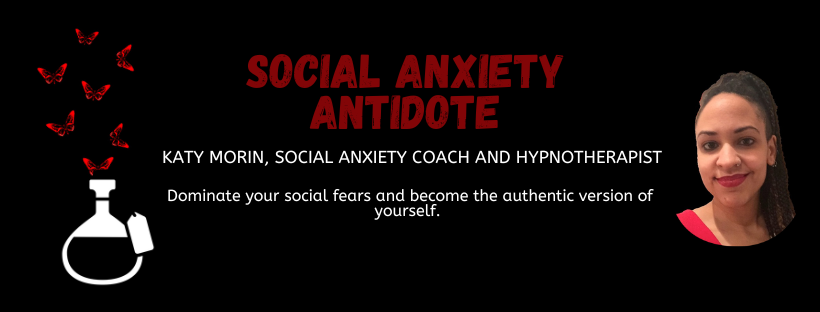Social anxiety or social phobia is an intense fear of being judged or rejected in a group setting. Whether fact or fiction, the perception of judgement is overwhelming and may cause physical and emotional reactions that are painful.
Some people report feeling:
● Shortness of breath
● Heart palpitations
● Tunnel vision
● Profuse sweating
● Stomach upset
● And more
These symptoms are real, even if the perception of being rejected isn’t. Sadly, the physical symptoms can make socially phobic people avoid social contact all together. While isolation alleviates the symptoms, it doesn’t make the normal actions of daily living very easy.
Humans are social. We are designed to be in a community and engage one-on-one and in crowds. Having social anxiety limits the amount and type of contact people can tolerate. This can affect earning a living, finding a mate, and other forms of social interaction.
If you’ve wondered if you have social anxiety, ask yourself these questions:
But first- realize that anxiety can be normal. It is normal to experience symptoms of anxiety from time to time. The key is how often and how intense the feelings are. If you feel you may be suffering from social anxiety, your doctor can help with a proper diagnosis.
Do you experience unpleasant physical feelings in public settings? Examples include racing thoughts, worry, paranoia, and a sense of doom.
Do you suffer from insomnia leading up to an event or social occasion?
Do you excessively worry about a social event or a one-on-one meeting with someone other than family?
Do you become hypervigilant or obsessive in relationship to a social outing or group setting?
A yes answer to these questions could mean you are experiencing the painful effects of social anxiety. The good news is, you don’t have to hurt. You can manage your social calendar and work to overcome the anxieties that come from interacting with people.
The first step is seeing someone who can officially diagnose your anxiety and help identify the triggers and associated reactions. In some cases, medications can help alleviate the symptoms and in others, behavior modification can manage the racing thoughts and physical expression of social anxiety. See your physician for a diagnosis and begin to make a plan for your care.
You may not have realized that the way you feel in social situations is more than just a feeling. It may be a diagnosable and treatable issue. Social anxiety doesn’t have to hurt. You can manage your symptoms and live your best life.

